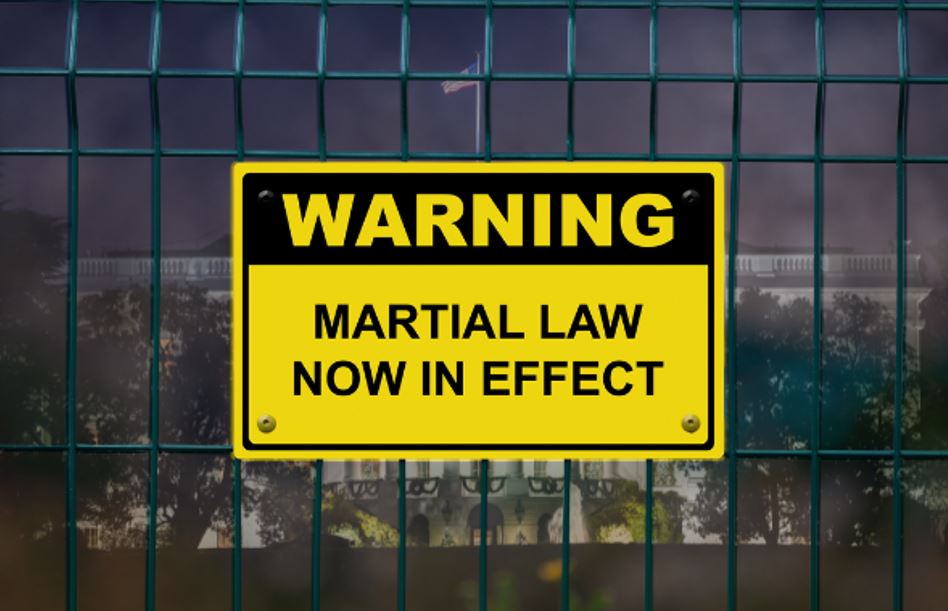In a surprising move, South Korean President Yoon Suk Yeol has declared emergency martial law, alleging anti-state activities by the opposition party. His announcement, which came during a televised briefing, indicates a pressing political crisis as he describes the government’s administration as being paralyzed. The declaration aims to “eradicate pro-North Korean forces” and to protect what he calls the “constitutional democratic order” of South Korea. This drastic step raises questions regarding its implications for governance and democratic norms within the nation, particularly given the increasing polarization between the ruling conservative People Power Party and the liberal opposition Democratic Party.
The context for this unprecedented action stems from President Yoon’s struggles since taking office in 2022, primarily due to a lack of cooperation from an opposition-controlled parliament. His government has faced significant challenges in passing critical legislation, including a contentious budget bill for the upcoming year. Coupled with declining approval ratings and accusations of mishandling corruption scandals involving his wife, Yoon’s administration appears increasingly beleaguered. His reliance on martial law can be viewed as a desperate attempt to bolster his weakening position and reclaim control over the political landscape.
Martial law in South Korea is classified into two categories: emergency martial law and security martial law, with the former granting sweeping powers to the government. This includes the suspension of standard legal processes, restrictions on press freedoms, and limitations on public assembly, among other measures. The South Korean Constitution mandates that the president notify the National Assembly immediately upon declaring martial law, which retains the authority to revoke such a declaration through a majority vote. Nevertheless, the potential for military oversight in exceptional circumstances raises concerns about the erosion of civil liberties and democratic governance.
Historically, South Korea has a tumultuous relationship with martial law, which has often been used as a tool for authoritarian regimes to bolster power. The first use of martial law in 1948 followed unrest among soldiers refusing to quell a leftist uprising. The most notorious implementation occurred in 1979, which led to widespread suppression of democratic movements and significant human rights violations. The legacy of these past abuses has created a widespread public aversion to martial law, with many citizens aware of its chilling effect on civil liberties and political expression.
The societal scars from decades of authoritarian rule are still fresh for many South Koreans, especially those who experienced the struggles for democracy during the 1960s to 1980s. The fear of reverting to such oppressive measures has fueled a strong resistance against the notion of martial law, which many associate with censorship, political repression, and the loss of fundamental rights. Current sentiments in South Korea suggest that Yoon’s declaration may not only ignite political instability but also rekindle memories of a repressive past, further polarizing an already divided society.
Financial markets reacted negatively to the news, with South Korea’s won plummeting to a two-year low against the dollar and a notable decline in the iShares MSCI South Korea ETF. This signals investor unease and uncertainty regarding the political climate and future economic stability following such a dramatic shift in governance. The unfolding situation exemplifies a critical moment for South Korea as it navigates the implications of emergency martial law amid ongoing political strife, raising significant questions about the future of its democracy, civil society, and the rule of law.

